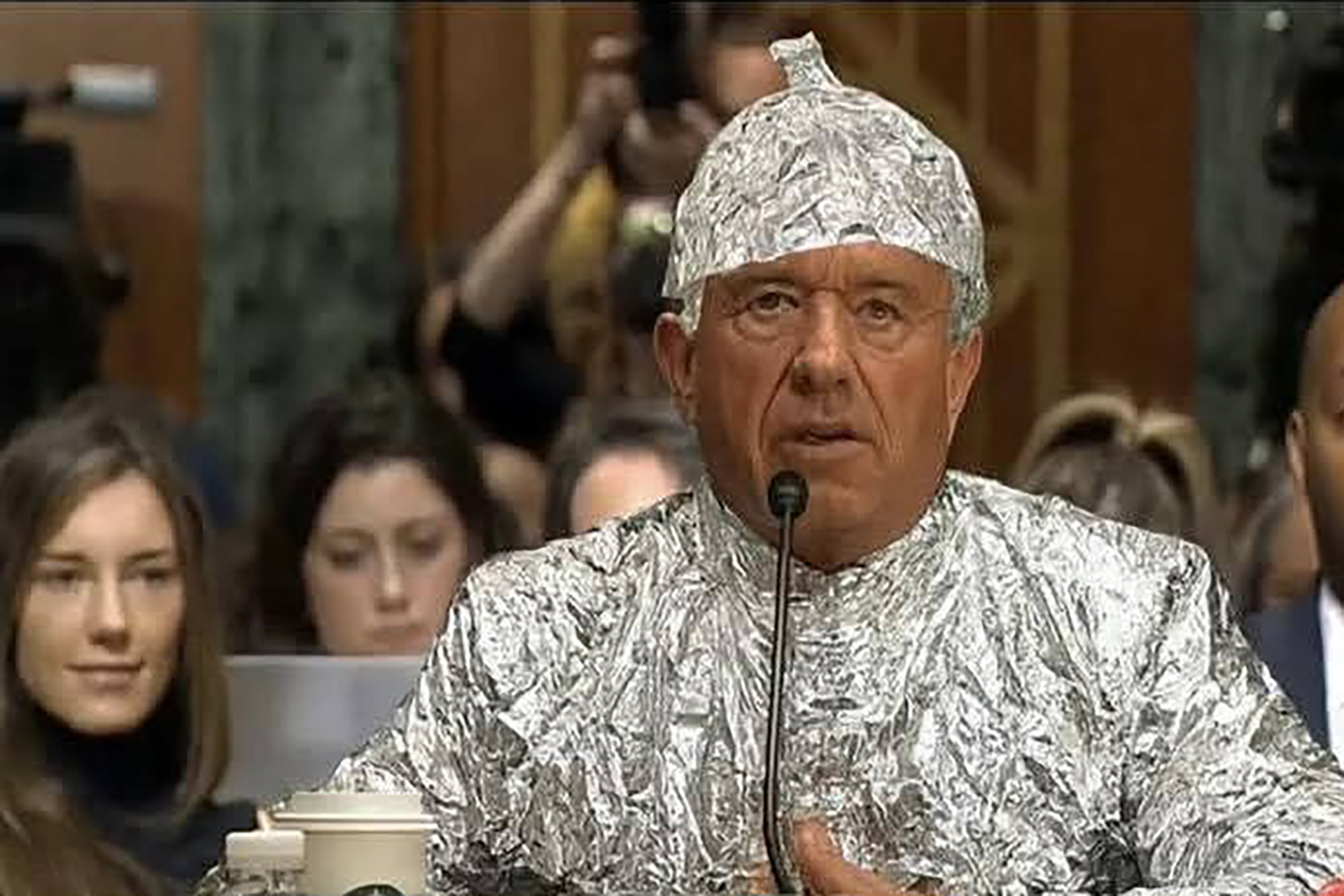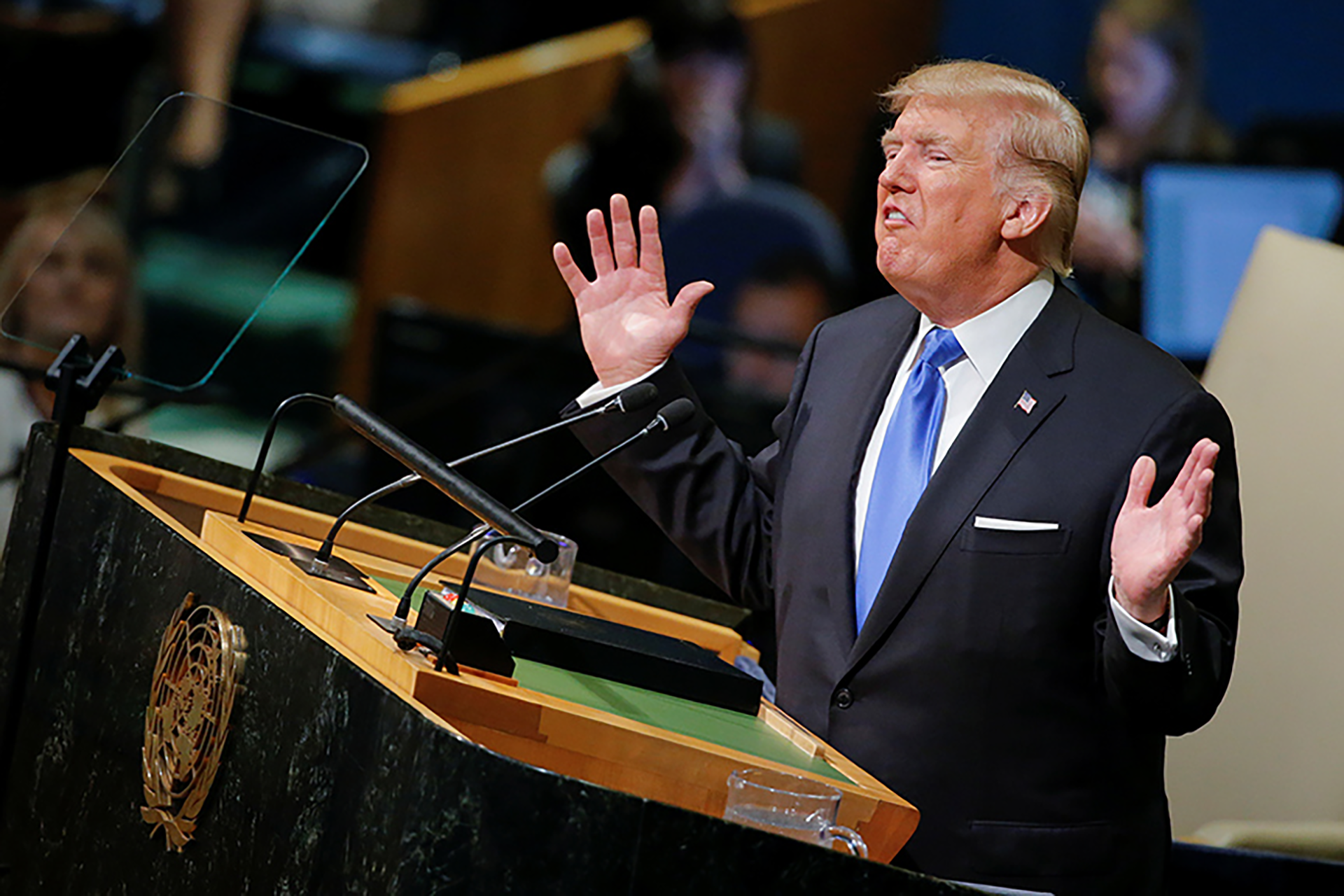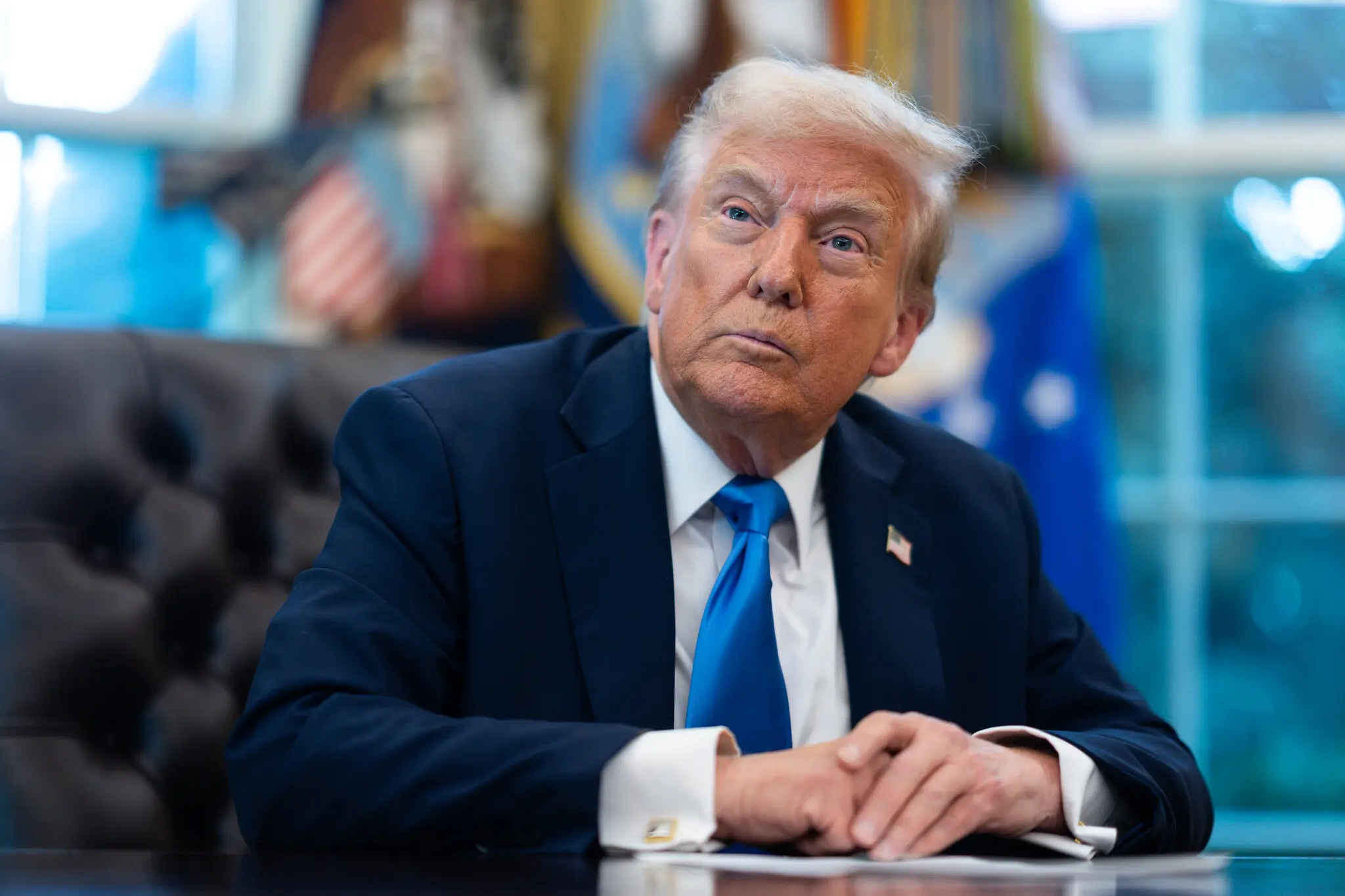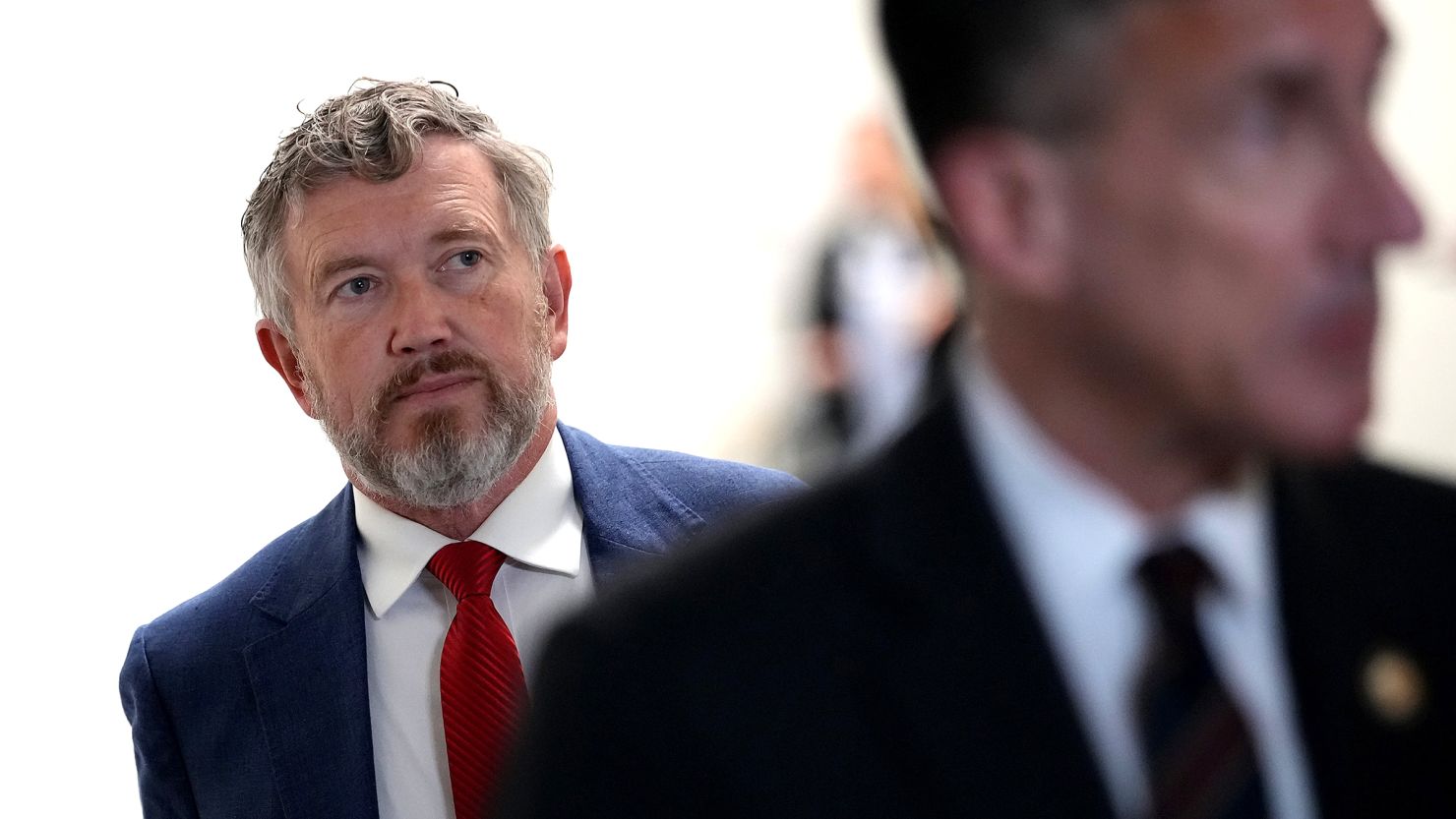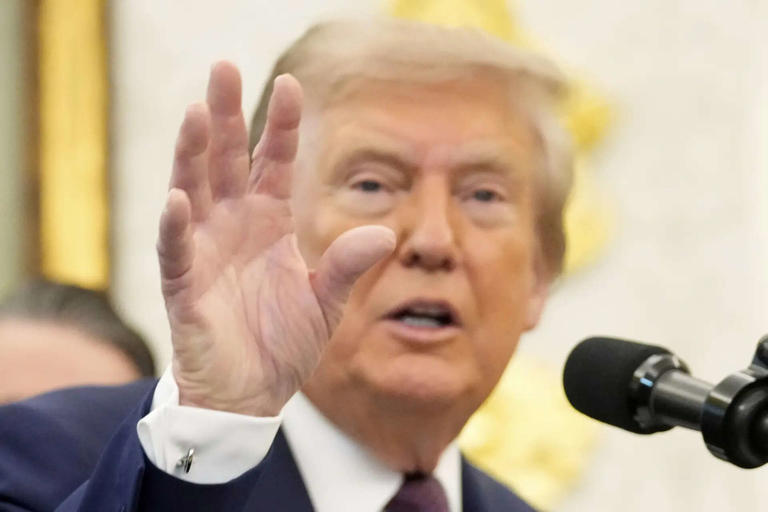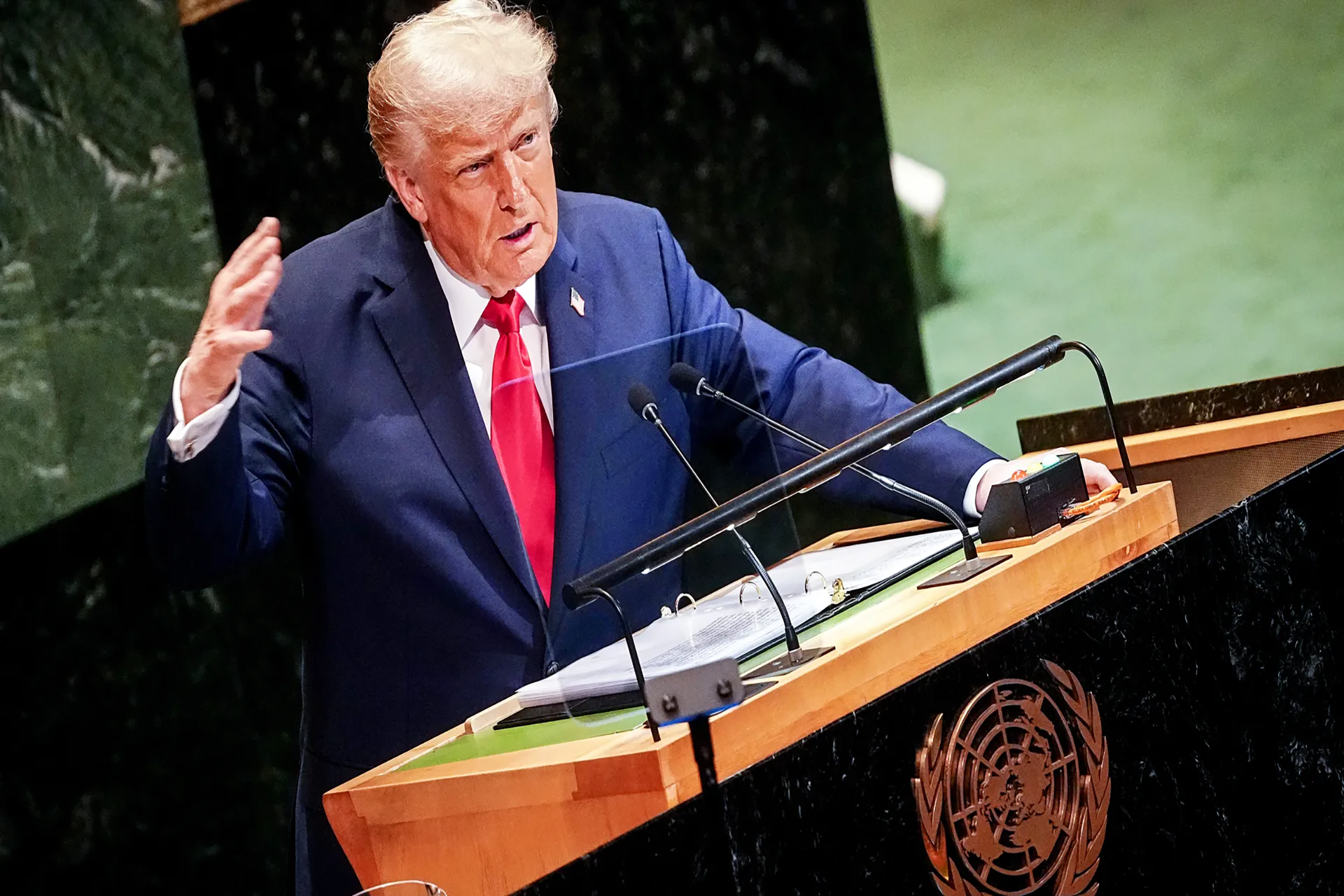
Climate Change:
The “Greatest Con Job”?
Trump’s most incendiary claim? That climate change is “the greatest con job ever perpetrated on the world.” He dismissed carbon footprints as a hoax, mocked renewable energy, and warned that green policies would “destroy a large part of the free world”.
Let’s be clear: this is not just denial. it’s sabotage. The science is settled. The planet is warming. Extreme weather events are intensifying. And the window for action is closing. Yet Trump used the world’s most visible diplomatic stage to spread disinformation and embolden fossil fuel interests.
He didn’t stop at rhetoric. His administration has pulled the U.S. out of the Paris Agreement, twice and gutted federal support for clean energy. Regulations that protect air, water, and public health have been systematically dismantled. The message to polluters? Full speed ahead.
